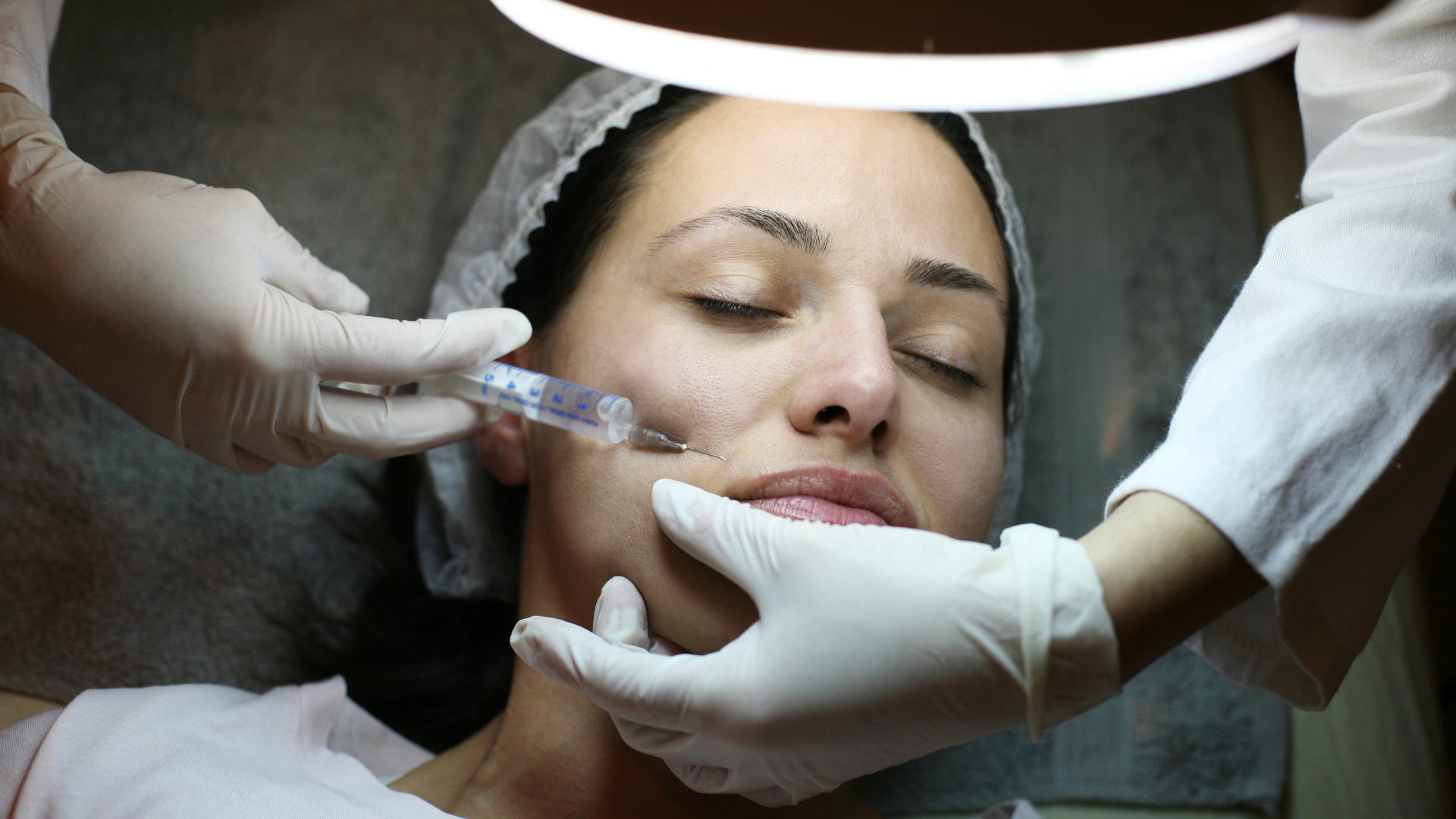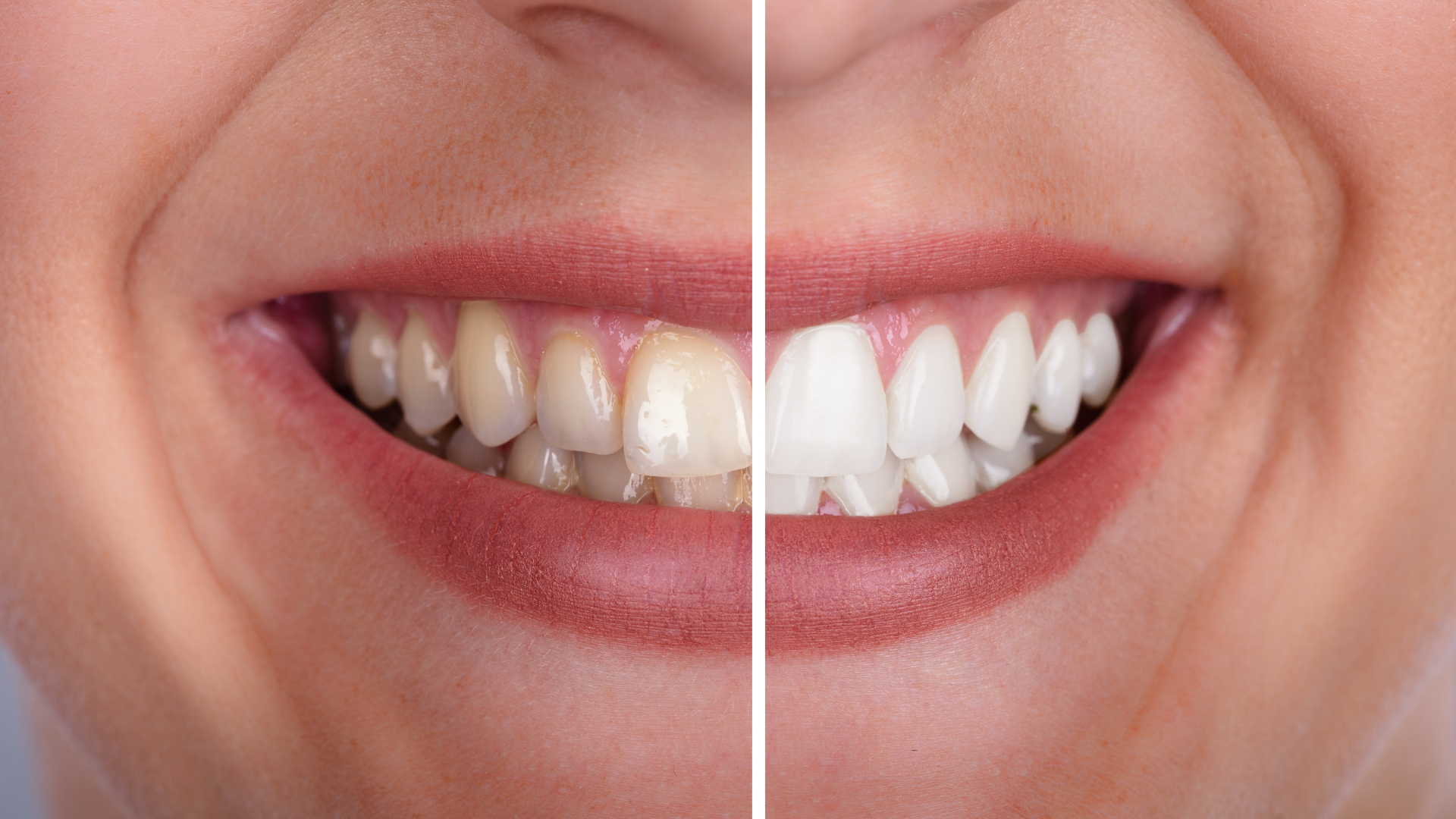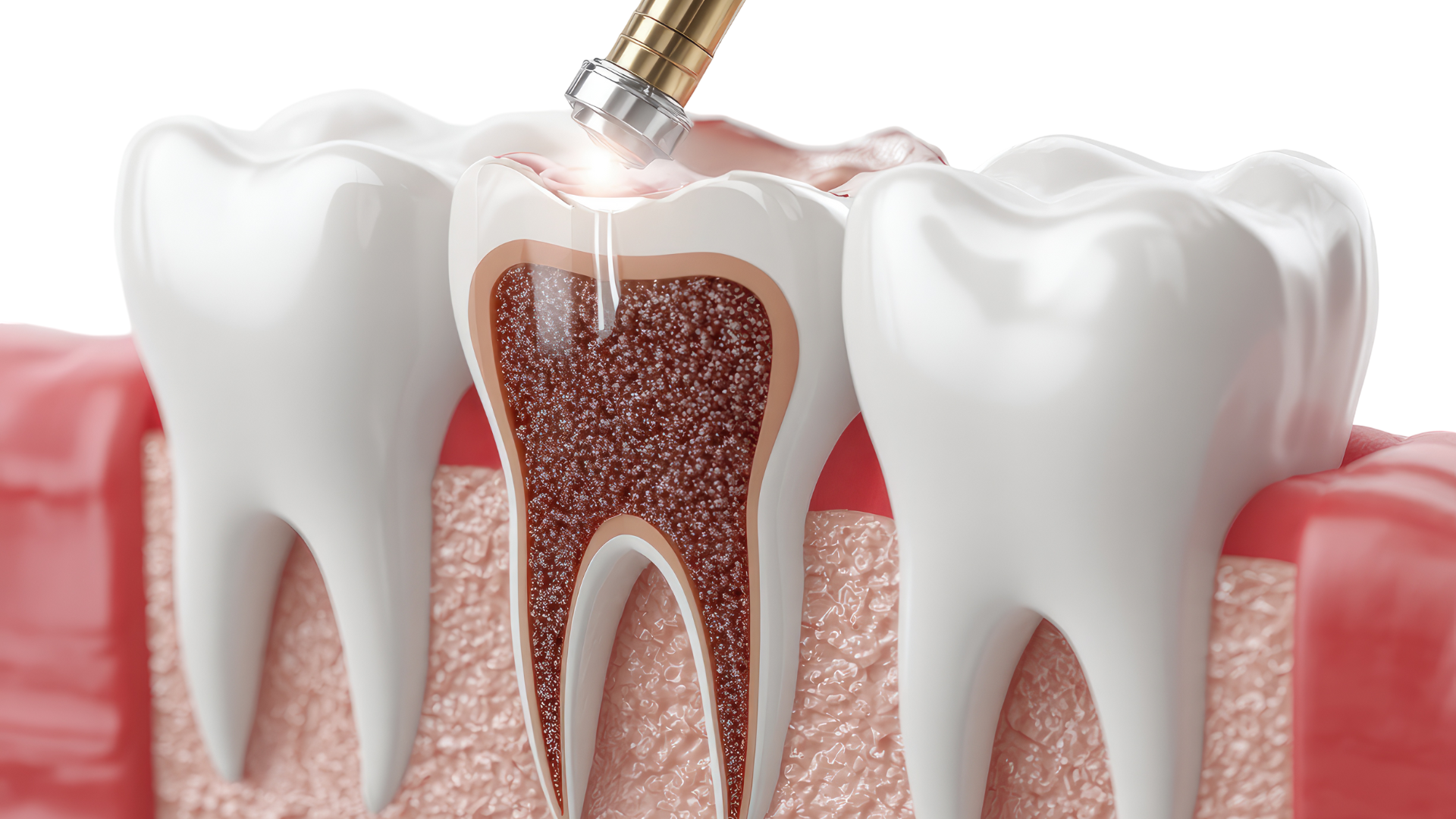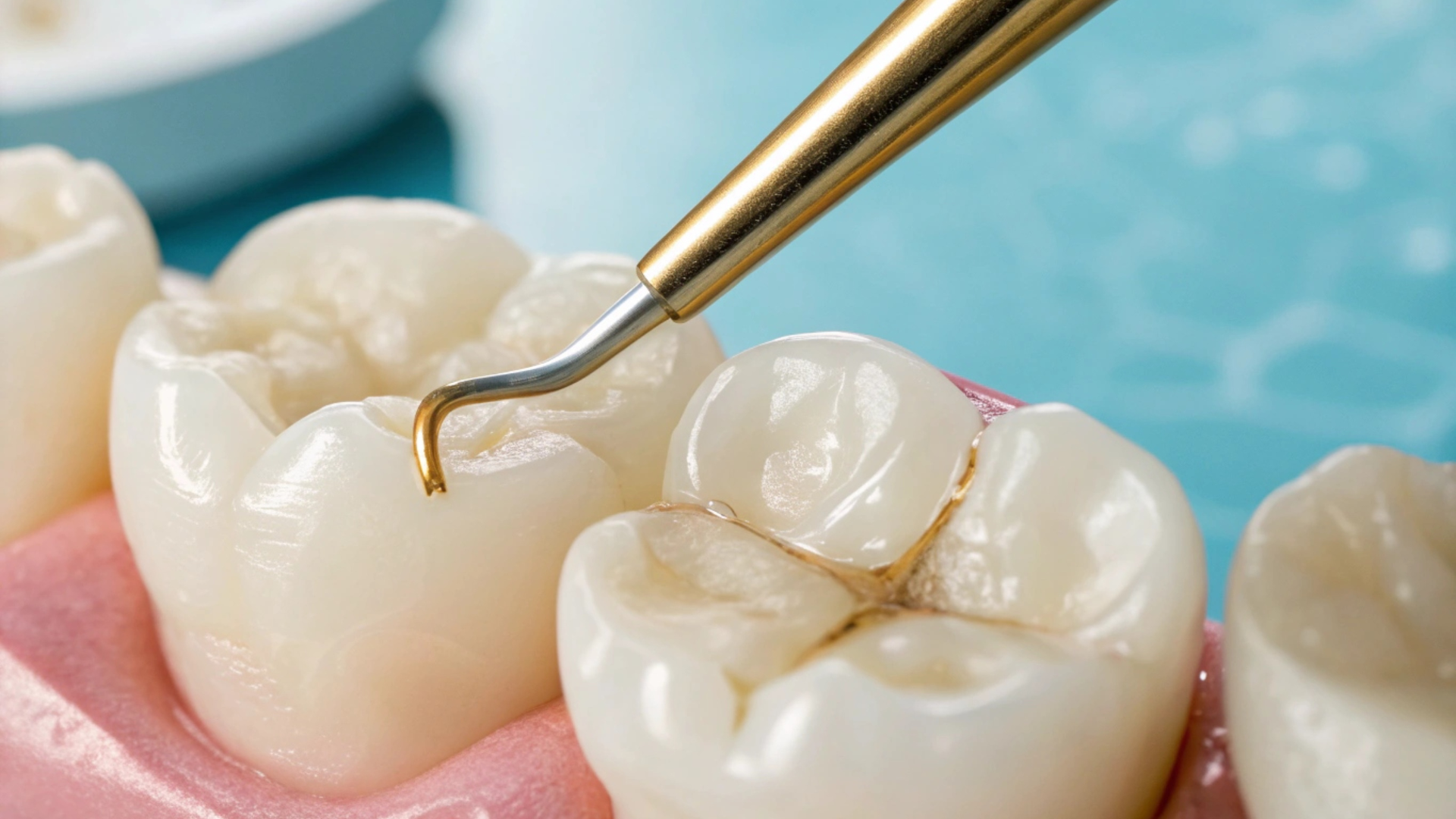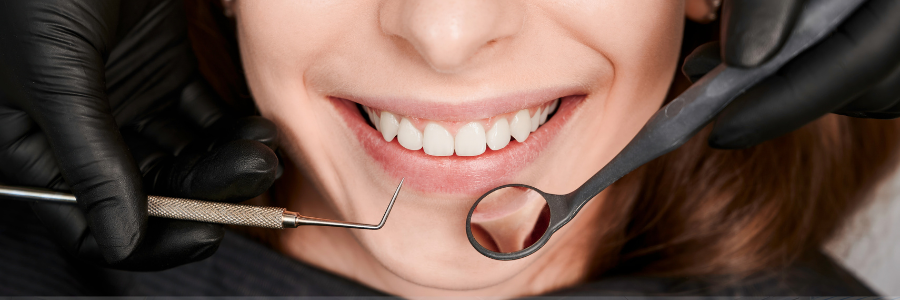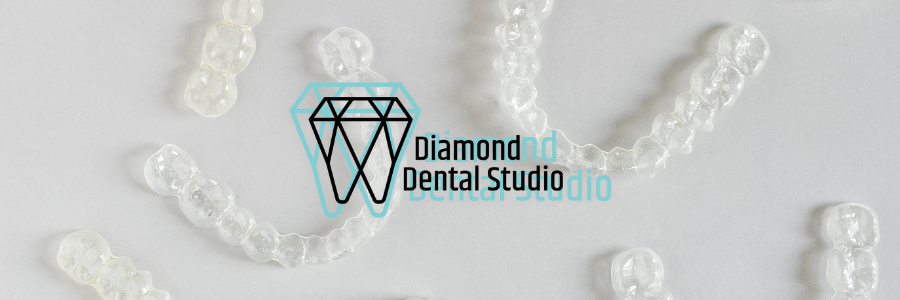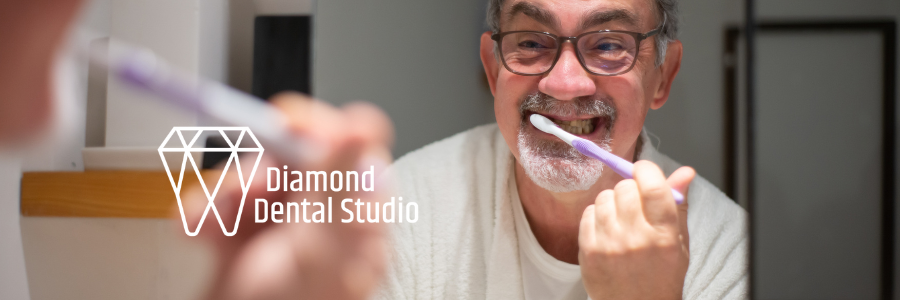Chipped Tooth 101: Causes, Symptoms, and the Best Repair Options
Understanding Chipped Teeth
What Is a Chipped Tooth?
A chipped tooth is basically when a small piece of your tooth breaks off. It might not seem like a big deal, but even a tiny chip can cause problems. It can affect how you eat, speak, and even how confident you feel about your smile. Think of it like this:- It's a common dental issue.
- It can happen to anyone.
- It varies in severity.
Common Causes of Chipped Teeth
So, what makes a tooth chip in the first place? There are a bunch of reasons. Sometimes it's obvious, like getting hit in the face during a sports game. Other times, it's more subtle. Here are some usual suspects:- Trauma from accidents or falls.
- Biting down on hard foods (ice, nuts, hard candy).
- Tooth decay weakens the enamel.
- Grinding your teeth (bruxism), especially at night.
Who Is at Risk for Chipped Teeth
Okay, so who's most likely to end up with a chipped tooth? Well, some people are just more prone to it than others. For example, if you play contact sports without a mouthguard, your risk goes way up. Also, people with certain habits or conditions might be more susceptible. Consider these factors:- Athletes involved in contact sports.
- Individuals with poor oral hygiene.
- People who grind their teeth.
- Those with diets high in sugary or acidic foods.
If you're worried about a chipped tooth, Diamond Dental Studio can help you explore options for tooth restoration san diego . It's always better to be proactive about your dental health!
Recognizing the Symptoms of a Chipped Tooth
It's important to know what to look for if you think you might have chipped a tooth. Sometimes it's obvious, but other times the signs are more subtle. Recognizing these symptoms early can help you get the treatment you need from Diamond Dental Studio and prevent further damage.Physical Signs of a Chipped Tooth
Often, the most obvious sign is feeling a rough or jagged edge on your tooth with your tongue. You might even be able to see the chip when you look in the mirror. The size and location of the chip can vary, from a tiny nick to a more significant break. Other visual cues include:- A visible crack or fracture line on the tooth surface.
- A change in the shape or contour of the tooth.
- Small fragments of tooth structure that may have broken off.
Pain and Sensitivity
Chipped teeth can cause a range of pain and sensitivity issues. The severity often depends on how deep the chip is and whether it exposes the inner layers of the tooth. Common experiences include:- Sharp pain when biting down or chewing.
- Sensitivity to hot, cold, or sweet foods and drinks.
- General discomfort or aching in the affected tooth.
Sometimes, the pain might be intermittent, coming and going depending on what you're eating or drinking. Other times, it can be a constant, nagging ache. If the chip is close to the nerve, the pain can be quite intense.
Impact on Oral Function
Even a small chip can affect how your teeth function. You might find yourself avoiding chewing on one side of your mouth or experiencing difficulty biting into certain foods. Other functional impacts include:- Difficulty pronouncing certain words.
- Irritation of the tongue or cheek from the sharp edge of the chip.
- Changes in your bite or how your teeth come together.
If you're experiencing any of these symptoms, it's a good idea to schedule a visit with Diamond Dental Studio. They can assess the damage and recommend the best course of action, which might include options like dental bonding or porcelain veneers, especially if you're considering a smile makeover in san diego .
Chipped Tooth Restoration Options
Dental Bonding
Dental bonding is a pretty straightforward way to fix a chipped tooth. It involves applying a tooth-colored resin material to the affected area, which is then hardened with a special light. It's often used for small chips or cracks because it's quick, relatively inexpensive, and doesn't require removing much of the natural tooth structure. The dentist will roughen the surface of the tooth, apply a conditioning liquid, and then apply the resin. After shaping and polishing, it blends right in.Here's what you can expect:
- Minimal tooth preparation
- Quick procedure (usually one visit)
- Natural-looking results
Dental bonding is a good option if you're looking for a fast and affordable fix, but it might not be as durable as other options like veneers or crowns.
Porcelain Veneers
Porcelain veneers are thin shells custom-made to cover the front surface of teeth. They're a popular choice for fixing chipped teeth because they look incredibly natural and can also correct other cosmetic issues like discoloration or gaps. The process usually involves removing a small amount of enamel from the tooth, taking an impression, and then bonding the veneer to the tooth. Consider these points:- Highly aesthetic and natural-looking
- Durable and long-lasting
- Resistant to staining
Veneers are a great option if you want a more permanent and aesthetically pleasing solution. Diamond Dental Studio can help you decide if veneers are right for you.
Crowns and Caps
Crowns, also known as caps, are used when a chipped tooth has significant damage or decay. They cover the entire visible portion of the tooth, providing strength and protection. The dentist will need to remove more of the tooth structure to make room for the crown. Crowns can be made from various materials, including porcelain, ceramic, or metal.Here’s what to keep in mind:
- Provides maximum protection
- Restores tooth shape and function
- Can be color-matched to surrounding teeth
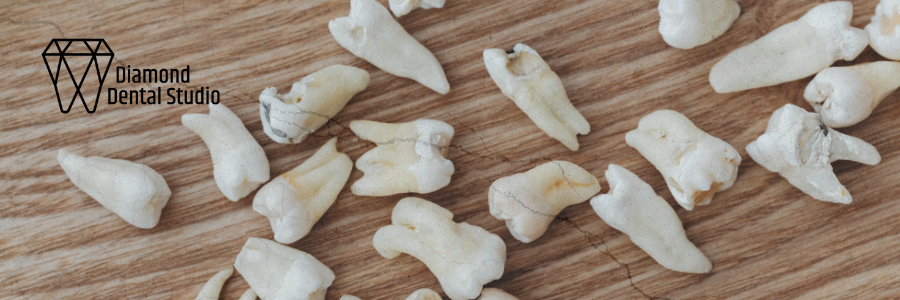
Preventing Chipped Teeth
Oral Hygiene Practices
Good oral hygiene is your first line of defense. It's not just about a pretty smile; it's about keeping your teeth strong and less likely to chip. Think of it as building a fortress around each tooth.- Brush twice a day with fluoride toothpaste. Don't rush it; spend at least two minutes each time.
- Floss daily to remove plaque and food particles from between your teeth.
- Use a soft-bristled toothbrush to avoid damaging your enamel.
Protective Gear for Sports
If you're into sports, especially contact sports, a mouthguard is non-negotiable. It's like a helmet for your teeth. I know it can feel bulky, but trust me, it's better than a trip to Diamond Dental Studio for a chipped tooth repair.- Wear a custom-fitted mouthguard for the best protection. These are made by your dentist.
- If a custom one isn't possible, use a boil-and-bite mouthguard from a sporting goods store.
- Replace your mouthguard regularly, especially if it shows signs of wear and tear.
Dietary Considerations
What you eat can also affect your teeth. Hard foods can be a major culprit when it comes to chips and cracks. It's all about being mindful of what you're putting in your mouth.- Avoid chewing on ice, hard candies, and popcorn kernels.
- Cut hard fruits and vegetables into smaller pieces.
- Be careful when eating foods with pits or bones.
When to Seek Professional Help
Signs You Need Immediate Care
Sometimes, a chipped tooth is more than just a cosmetic issue. If you experience severe pain, significant bleeding, or have difficulty opening or closing your mouth, it's time to seek immediate dental care. These could be signs of a more serious problem, like a fractured tooth extending below the gum line or damage to the surrounding tissues. Don't delay – prompt treatment can prevent further complications and save your tooth.- Uncontrollable bleeding from the gums or tooth.
- Severe pain that doesn't subside with over-the-counter pain relievers.
- Noticeable swelling in the face or gums.
Ignoring these symptoms can lead to infections, more extensive dental work, and even potential long-term health issues. It's always better to err on the side of caution when it comes to your oral health.
Consulting with a Dentist
Even if the pain is manageable and there's no bleeding, it's still important to consult with a dentist, like those at Diamond Dental Studio, after chipping a tooth. A dentist can properly assess the damage and recommend the best course of action. They'll examine the tooth, take X-rays if necessary, and discuss your treatment options. This consultation is key to preventing further damage and restoring your smile.- Schedule an appointment as soon as possible after the injury.
- Be prepared to describe how the injury occurred and any symptoms you're experiencing.
- Ask about the different treatment options available and their associated costs.
Understanding Treatment Timelines
The timeline for treating a chipped tooth can vary depending on the severity of the damage and the chosen treatment method. Simple bonding procedures can often be completed in a single visit, while more complex treatments like crowns may require multiple appointments. Your dentist at Diamond Dental Studio will provide you with a realistic timeline and explain each step of the process. Understanding the timeline can help you plan accordingly and manage your expectations.- Minor chips might be addressed quickly with dental bonding.
- Larger chips or fractures may require more extensive treatments like veneers or crowns, extending the treatment time.
- Follow-up appointments are often necessary to ensure proper healing and functionality.
Aftercare for Chipped Tooth Restoration
Post-Procedure Care
So, you've just had your chipped tooth fixed. What now? It's super important to follow the aftercare instructions from Diamond Dental Studio. This will help make sure your restoration lasts and you don't have any complications.- Avoid hard or sticky foods for a while. Seriously, give your tooth a break.
- Take any pain medication as prescribed. Don't try to tough it out if you don't have to.
- Be gentle when brushing and flossing around the restored tooth. No need to scrub like crazy.
Think of it this way: You just invested time and money into fixing your tooth. A little extra care now can save you a lot of trouble later.
Maintaining Oral Health
Keeping your mouth healthy is always important, but it's even more so after getting a chipped tooth fixed. Here's the deal:- Brush twice a day with fluoride toothpaste. It's the basics, but it works.
- Floss daily to get rid of plaque and food particles. Get in there!
- Use an antiseptic mouthwash to kill bacteria. Swish, swish, swish.
Regular Dental Check-Ups
Don't skip those regular check-ups at Diamond Dental Studio! They're not just for show. Regular visits allow your dentist to:- Monitor the condition of your restoration. Catch any problems early.
- Check for any signs of new chips or damage. Prevention is key.
- Provide professional cleaning to remove plaque and tartar. Can't do it all yourself.


